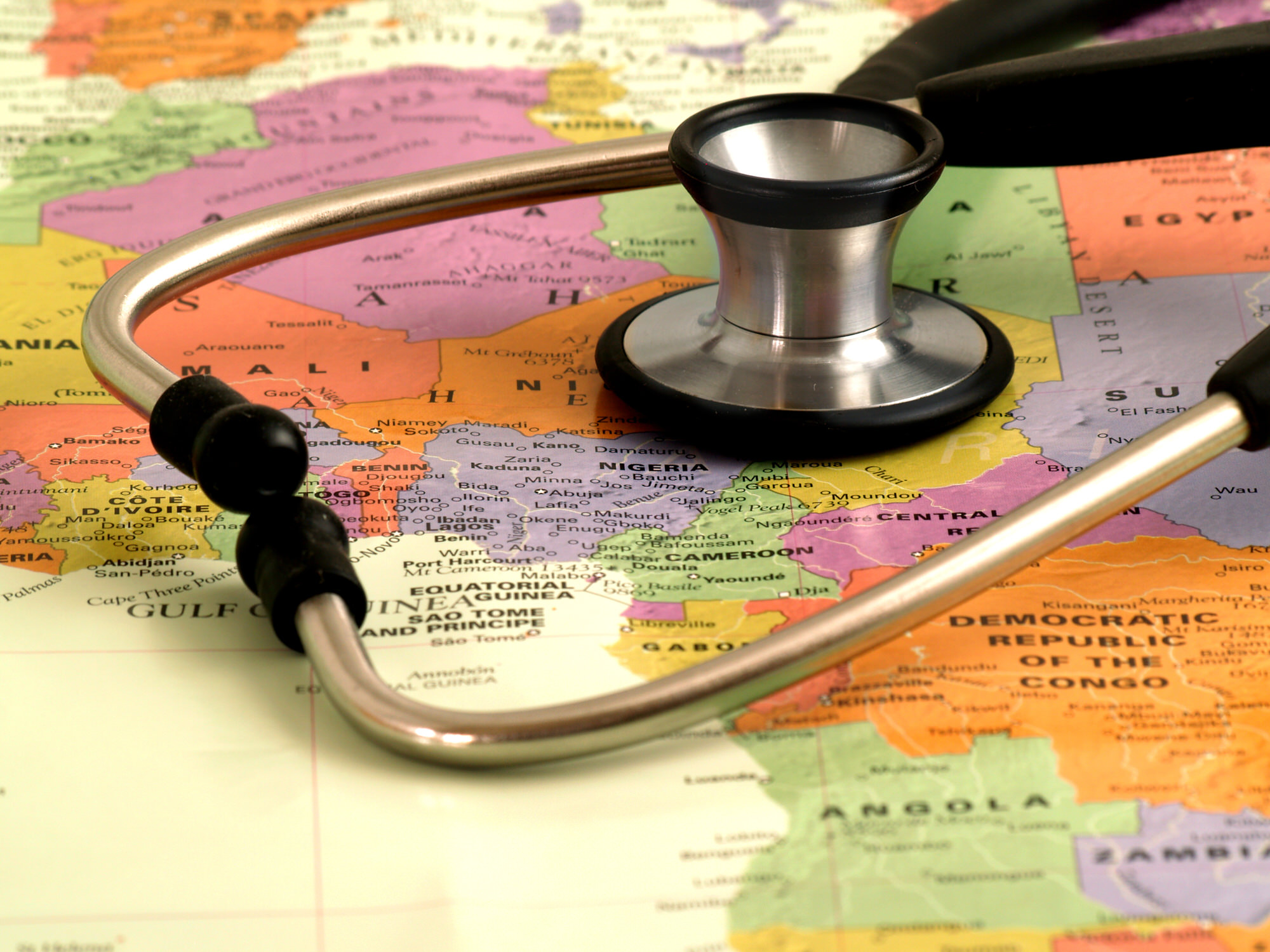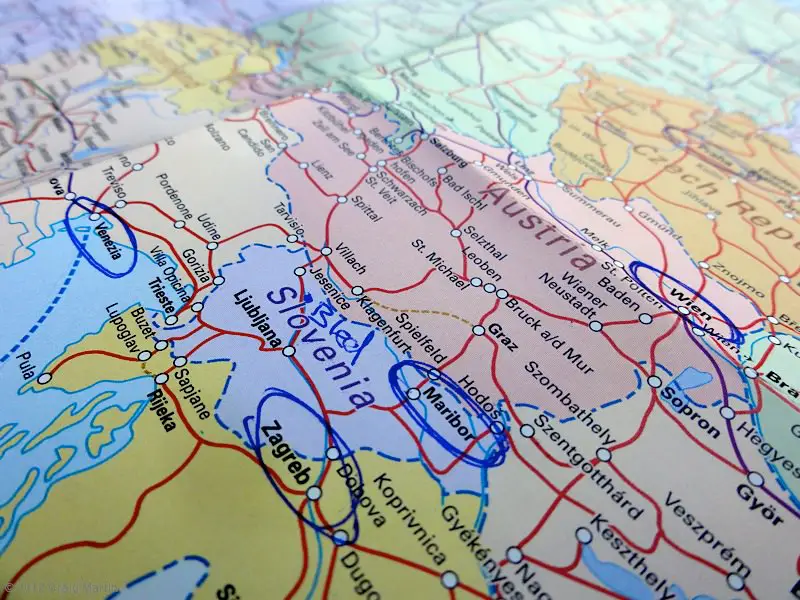How to choose the best travel medical cover
If you’re travelling abroad, you want to be able to enjoy the trip with as little worry as possible. Having the correct insurance to cover medical events and accidents when they occur is a big part of that.
It may come as a surprise to know that your current medical insurance may not cover you in other countries. If you need to visit a doctor or hospital outside of your home country, your policy may come up short.
If you’re from the United States, health policies vary wildly. For example, employee-sponsored and other private health policies often cover emergency care, but not other types of healthcare. Medicare won’t cover emergencies, but might reimburse you in specific cases. Medicare Advantage and Medigap or Medsup plans tend to offer better coverage when abroad.
Wherever you’re from, it’s worth doing some research to find the best insurance policy for your needs overseas. Look into your current insurance to see what you’re already covered for, and what you’ll have to pay for yourself.
You’ll likely discover that there are gaps in your coverage, like in the examples above. To fill these gaps, you could buy comprehensive travel insurance that includes a health component, or look at a focused supplemental plan.
What’s the best supplemental plan? Look into travel medical insurance and emergency medical evacuation insurance.

The basics of travel medical insurance
While many travel insurance policies include a comprehensive medical cover, this is not always the case. If you have a travel insurance policy through your credit card, for example, make sure to check the coverage carefully — some travel insurance policies just cover things like reimbursing your tickets in case of cancellation and replacing your luggage in case of damage. Or they may have a very basic health component that isn’t much help when you really need it!
This is where a specialist travel medical insurance policy could be a good option, as it is there to cover what your regular medical plan does not when you’re abroad.
So, what exactly does a travel medical policy cover? Essentially, it helps to pay the costs that arise should you or your family need to visit a doctor or hospital while you’re outside your home country.
Depending on the plan, one or more of the following situations may also be covered:
- Paying for your return to your home country if you have to cut your trip short due to serious illness or injury.
- Covering costs for a loved one to travel to you to help assist you.
- Flying a minor home if you can’t accompany them due to medical problems.
- Cash payouts in the case of accidental death or dismemberment.
- Transport of remains, and funeral expenses in case of death.
- Cover for pre-existing conditions.
Note that it’s pretty uncommon for travel medical insurance to cover pre-existing conditions; but one company that does is Nationwide. Other companies may cover you for specified pre-exisiting conditions — for a price. If pre-existing problems are an issue for you, you’ll want to prioritise this feature.
The major insurers aren’t your only option for travel medical insurance. There are plenty of smaller insurers that provide these sorts of plans as well. Check out GeoBlue, Global Alert, InsureMyTrip, and RoamRight for other choices.

How much does travel medical insurance cost?
How much can you plan on paying for a travel health policy? According to recent data, it could cost you $15-$600 a week — and there are a lot of factors that will affect what end of the price range you fall into!
Age is going to play a part in the cost of your policy, as well as how broad the policy is. If you need coverage beyond the basic policy — perhaps you want medical evacuation, or want to be covered for pre-existing conditions — expect to pay more for it.
The subject of cost isn’t limited to the price of the policy, either. Depending on your policy (and the practice of the healthcare provider you use while travelling) you may have to pay for your treatment upfront. Some travel medical plans pay foreign care providers at the time of your visit, but not many — you should be prepared to pay for treatment and claim back your expenses from your insurer.
To help with this, we recommend taking a large-limit credit card with you (if possible) to cover such incidences. Make sure to keep all your paperwork, and request full details of your treatment to help with your claim. Take photos of all paperwork as soon as you get it, so you have a backup in case you lose the paper document itself.
When looking at travel medical plan options, ask the following questions:
- Does it cover pre-existing conditions?
- What coverage exclusions are there?
- Are treatment or services pre-authorized?
- Are deductibles and coinsurance payments involved? Do I have to pay for anything upfront?
- What do I need to do if the plan pays the care provider at time of service?
- What records do I need to keep and send for repayment?

Basics of emergency medical evacuation coverage
One particular kind of coverage that’s worth considering is medical evacuation coverage. This is included in some travel insurance and medical insurance policies, but not all — and the limit of cover may vary wildly too. It’s worth considering if this is a cover you require, or if the type of travel you’ll be doing doesn’t really warrant it.
A good start towards deciding if you need this sort of coverage is looking at where you’ll be. How close are you to good doctors or hospitals? If you’re going to be in a city or very close to one, it may not be necessary.
On the other hand, if you’re far from decent medical aid, having travel costs covered can save you from a huge debt. Air ambulances can cost you many thousands of dollars, and emergency medical evac coverage tends to pay for such trips.

This coverage is valuable not just for getting to medical care in other countries — some policies can also help pay for trips back to your own country due to medical reasons. This is a trip that could cost you thousands of dollars as well if you had to pay for it on your own.
In short, if you’re going to be somewhere remote from medical care, you should consider purchasing it.
Choose the right insurance for your needs
Unfortunately, there’s no way around it — choosing the right travel or medical insurance means doing a lot of reading. Check your current health policies to see what they cover you for, investigate any travel insurance policies you have access to through your credit card or other services, and compare policies across providers. Think carefully about what you need to be covered for, and choose the policy that covers you for that, at the best price.







